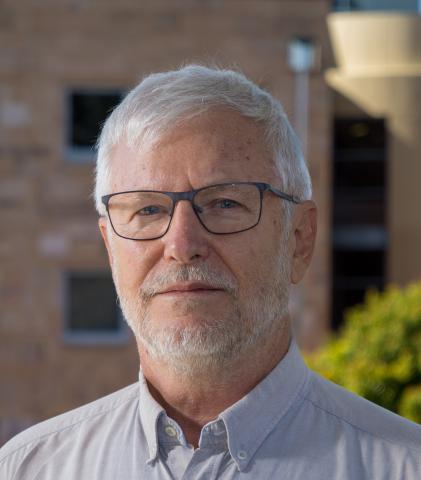My 40-year research career has mostly focused on trying to improve the connection between research and clinical practice. That connection is two-ways: (i) helping clinicians to use the best research in the care of patients, and (ii) helping researchers to provide more relevant and usable evidence.
The world currently invests over US$200 billion every year in supporting biomedical research, and this results in an estimated 2 million research publications annually. The consequent growth of our medical knowledge is desirable but has itself become a problem. Each day the MEDLINE database adds over new 2,000 studies - including 6 new guidelines, 10 systematic reviews and 100 trials; and each week we describe at least 4 "new" disease. However not all findings are advances. Many are passing fashions that waste our time and efforts, distracting us and competing for attention with good innovations that lead to real improvements in care.
Though the pace of change seems to grow faster than our coping strategies adapt, I will examine some methods that have been tried to improve the diffusion of appropriate (and decrease the diffusion of inappropriate) innovations. However, that examine clinician use of research has also identified multiple problems with the production and reporting of research which interferes with the uptake of evidence. Avoidable waste occurring at four successive stages: the choice of research questions; the quality of research design and methods; the adequacy of publication practices; and the quality of reports of research. The estimated losses are roughly 85% implying that the dividends from tens of billions of dollars of investment in research are lost each year because of correctable problems.
The avoidable waste is greater for non-drug research, so colleagues and I have worked on methods to do this (the TIDieR guide for reporting, and the Handbook of Non-Drug Interventions) which have been widely used to reduce the problems.
Biography:

Professor Paul Glasziou is the Director of the Institute for Evidence-Based Healthcare at Bond University and previously the Director of the Centre for Evidence-Based Medicine in Oxford from 2003-2010. Professor Glasziou has authored over 500 peer-reviewed journal articles, and seven books related to evidence based practice. As a general practitioner his key interests include identifying and removing the barriers to using high quality research in everyday clinical practice and more specifically on improving the clinical impact of publications by reducing the more than $85 Billion annual loss from unpublished and unusable research. He was a member of the MBS Review Taskforce, is currently a member the board of Therapeutic Guidelines, and initiated and chairs the RACGP's Handbook of NonDrug Interventions (HANDI).

